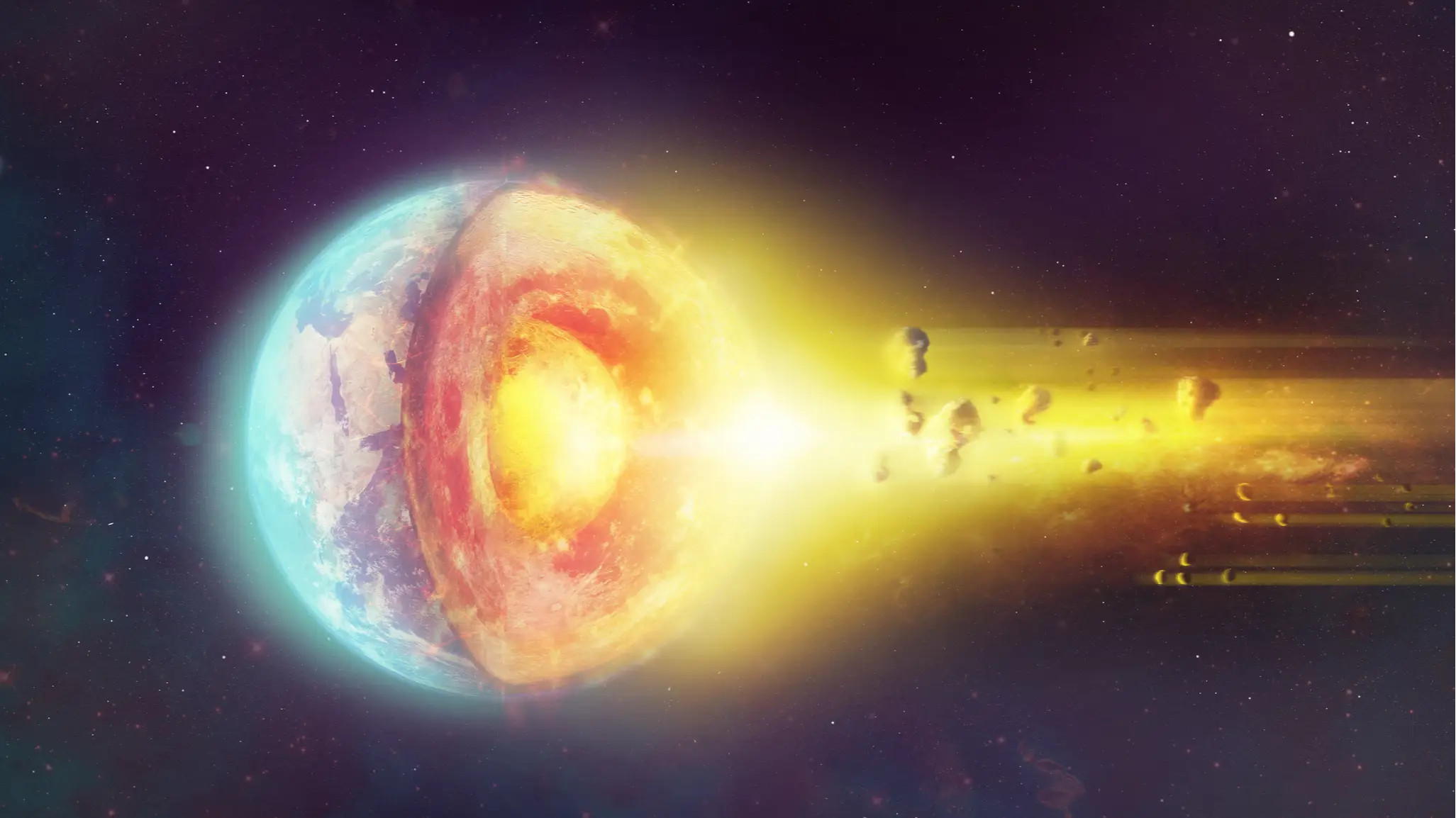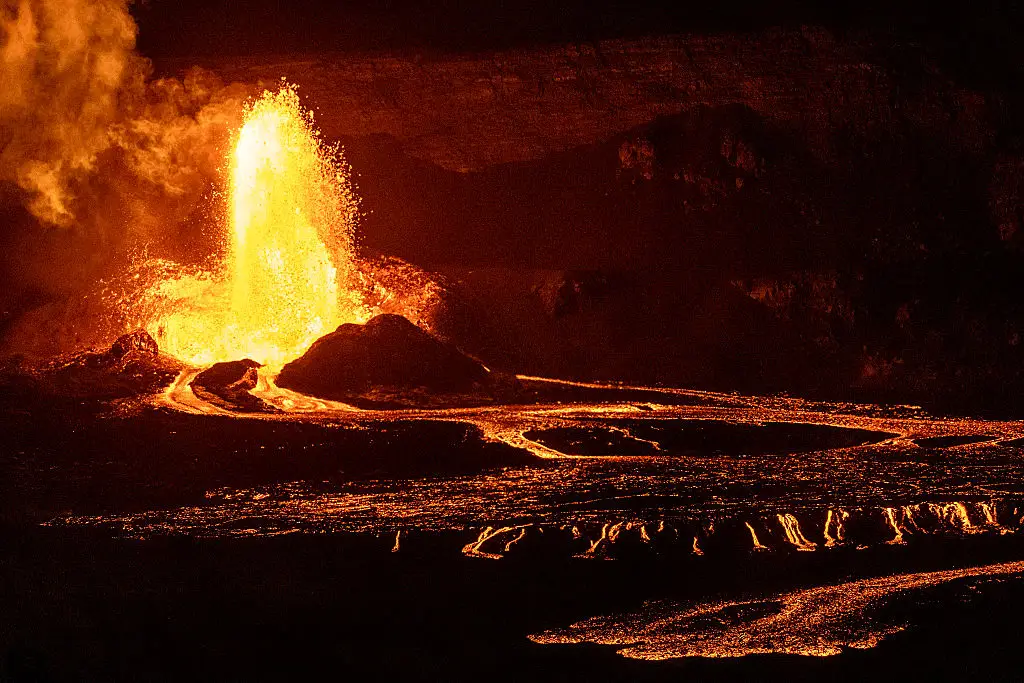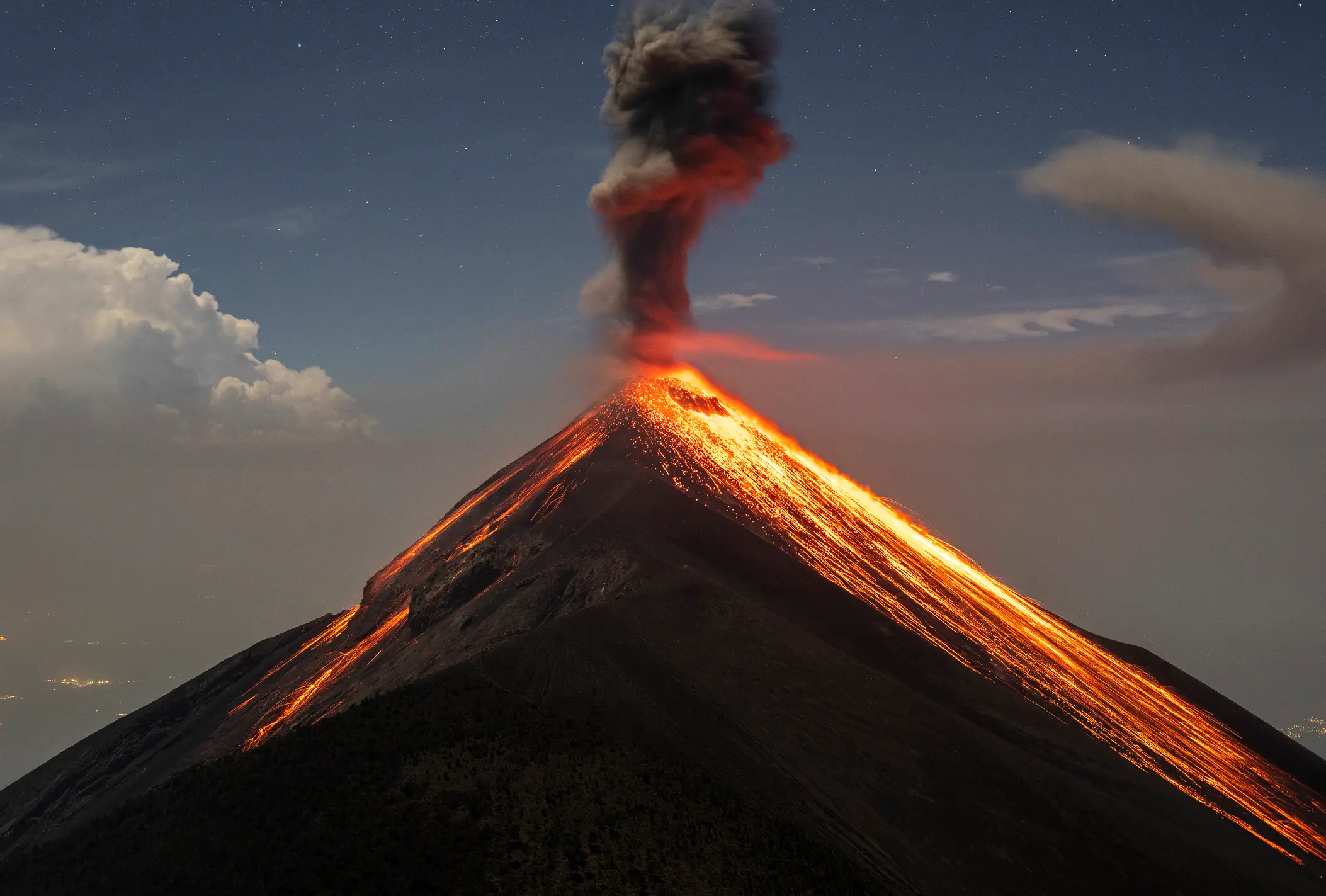
In a first of its kind study, scientists have discovered evidence that the Earth is leaking gold and precious metals from its core, up towards the surface.
The discovery came following a study on isotopes found in volcanic rocks in Hawaii, which presented a much higher concentrate of gold and other precious metals than previously been suspected.
Using new analysis techniques to study basalt rocks from Hawaii, researchers studied for what the core of our planet is spewing up through volcanos from the core.
They used new techniques to discover ruthenium in volcanic rocks on the Earth’s surface, with levels that may show that they originally came from the Earth's core-mantle boundary.
Advert
They also found that the volcanic basalt rocks from Hawaii had a much higher concentration of precious metals than the mantle did.

'We struck gold!'
After studying the rocks, scientists found precious metals which had oozed out of the Earth's crust.
Although we're already able to access gold in the Earth's crust, the new discovery has shown that the levels found within the crust are nothing compared to what our planets core actually holds.
Speaking about the new study, geochemist Nils Messling of Göttingen University in Germany said: "When the first results came in, we realized that we had literally struck gold!"
They followed on to say: "Our data confirmed that material from the core, including gold and other precious metals, is leaking into the Earth's mantle above."
The new study suggests that 99% of the Earth's gold is being hoarded by the planet's core. The research suggests that there's enough gold in the Earth's core to cover the entire planet in 20-centimetre thick layers of gold.
What is ruthenium?
It wasn't just gold that was found leaking out from the Earth's core. Ruthenium, a rare silvery-white metal, which is part of the platinum group of metals, was also found to be leaking from the core.
Ruthenium was discovered in the 19th century, and has multiple uses, including being used in electrical contacts, solar cells, and even to harden platinum and palladium.

Ruthenium is considered one of the more rare precious metals, with it being less common than gold or diamonds, making the discovery even more exciting.
What does the discovery tell us about Earth’s core?
While it's currently not known if similar leaks have happened in the past, the new discovery shows us that precious metals are currently leaking from the core.
On top of that, it also shows us that the Earth's core may contain more precious metals than we had previously anticipated.
Topics: Science
